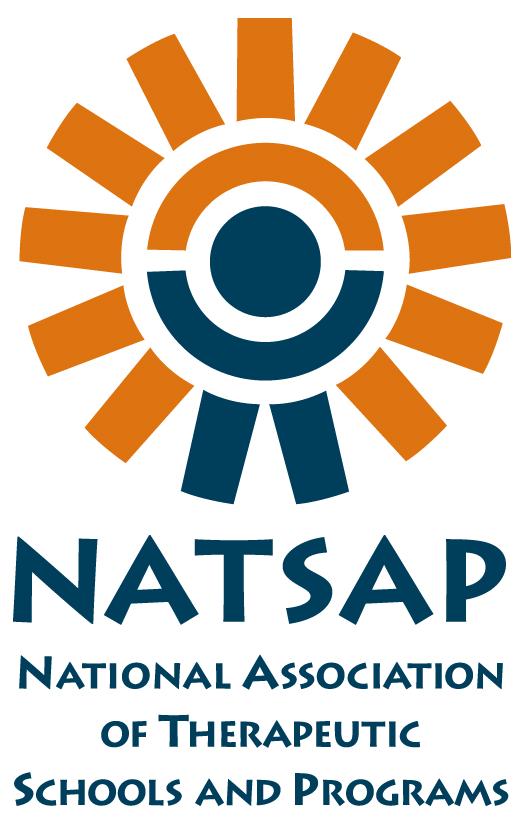Obsessive Compulsive Disorder (OCD) is an Anxiety Disorder. Anxiety is a normal reaction to stress. When anxiety becomes excessive it can interfere with normal daily life. The repetitive action (compulsive behavior) of a person with OCD performs is to minimize their fear or worry. A person who has extreme fear of germs may wash their hands over and over again or avoid touching public door handles.
Other examples of OCD compulsive behavior include: organizing things in a certain way, counting things (footsteps, number of times you touch a light switch, checking the lock on the door, etc.) pulling out hair, picking at your skin, walking a certain way (starting with the same foot or only walking on certain colored floor tiles) or hoarding, etc.
OCD does not always present in repetitive actions. Many times there are mental rituals a person may use to relieve anxiety.
People with OCD have intrusive thoughts. Wikipedia defines intrusive thoughts as unwelcome involuntary thoughts, images, or unpleasant ideas that may become obsessions, are upsetting or distressing, and can be difficult to manage or eliminate.
Teenagers are often embarrassed by OCD behavior. They are teased or bullied at school and try to cope by themselves. Almost half of the adults who have OCD said their symptoms started before the age of 18.
OCD involves complicated thinking patterns and generally associated with people with higher intelligence. Most people with OCD are aware that their behavior and thoughts are not normal yet are still are effected by them.
OCD is typically not curable, however, with treatment is definitely manageable and can significantly reduce the symptoms.
Treatment for Obsessive Compulsive Disorder (OCD) is therapy and sometimes medication. Cognitive Behavior Therapy (CBT) is a method that helps teach about thinking patterns and how behavior is affected by them. This awareness helps change thought processes and associations and change behavior.
Triumph Youth Services offers a small, highly structured family-type environment for youth. This family-like community promotes a social environment that takes on both therapeutic and healing properties instead of maintaining negative behaviors.
Contact them today for help.
Reference:
http://en.wikipedia.org/wiki/Obsessive-compulsive_disorder
http://en.wikipedia.org/wiki/Intrusive_thoughts








